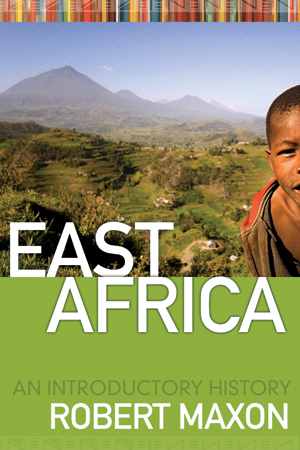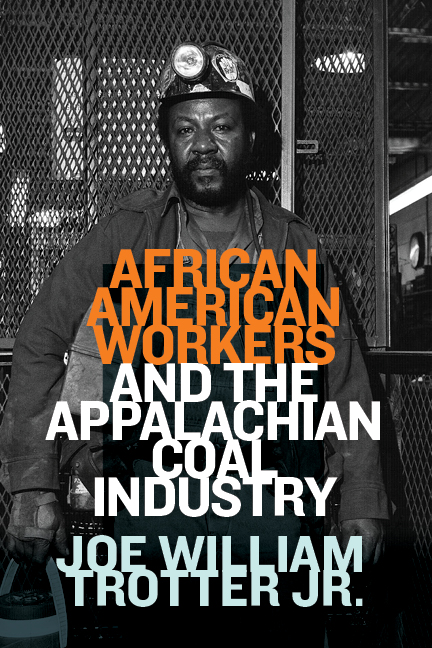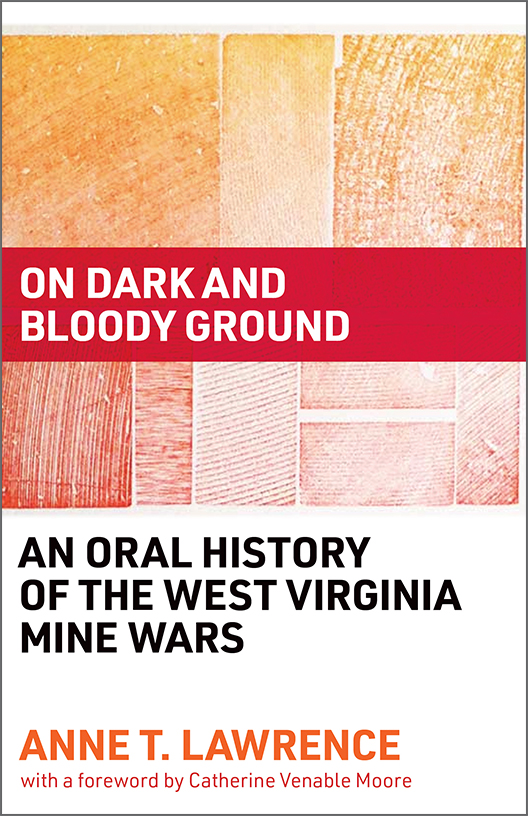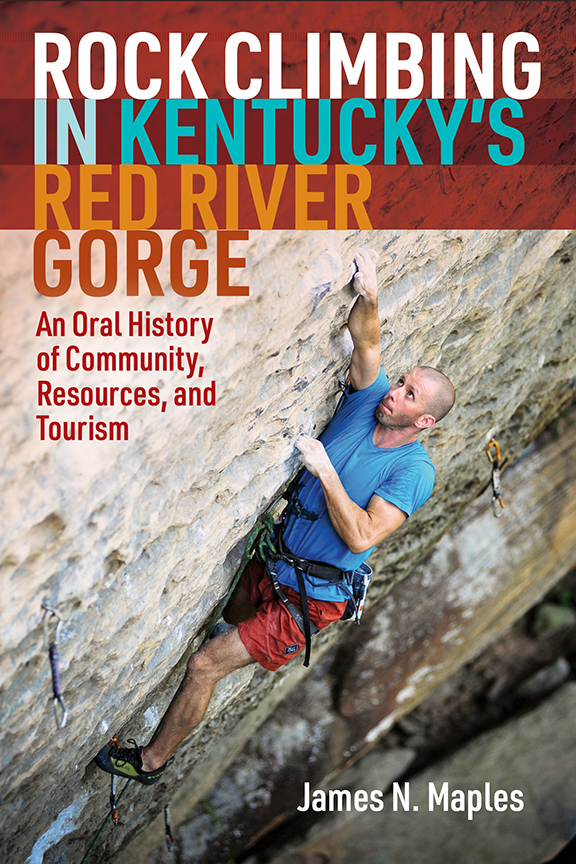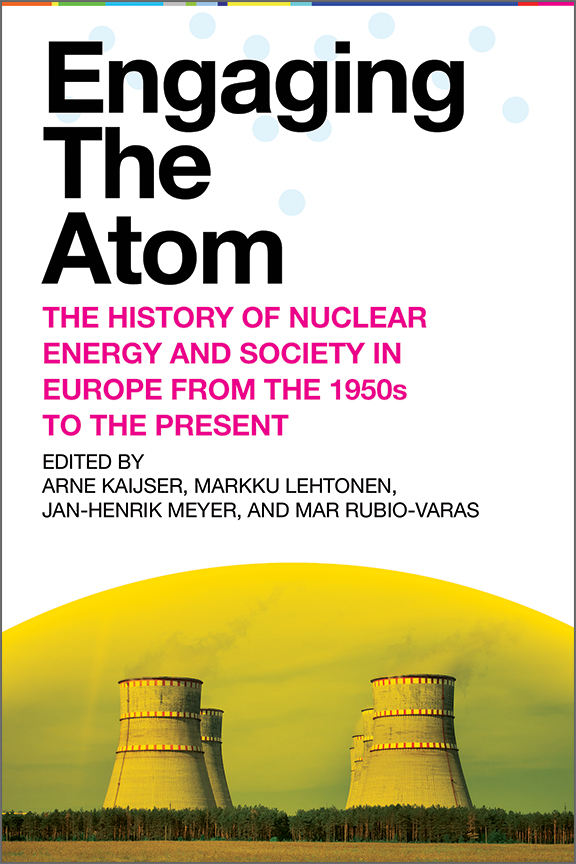Robert M. Maxon
August 2009
320pp
PB 978-1-933202-46-4
$29.95
PDF 978-1-933202-83-9
$28.99
PDF (120 days)
$10.00
Summary
In this third edition of East Africa: An Introductory History, Robert M. Maxon revisits the diverse eastern region of Africa, including the modern nations of Kenya, Tanzania, and Uganda. With revised sections and a new preface, this comprehensive text surveys East Africa’s political, economic, and social history from pre-colonial to modern times. Maxon reveals the physical movement and societal development of and between ethnic groups before the 1890s; the capitalistic impact of European colonialism in the early nineteenth century; and the achievement and aftermath of independence in East Africa during the later part of this century.
East Africa: An Introductory History, 3rd and Revised Edition offers the student and scholar:
• the only revision of this title in over a decade
• a complete index and glossary of African terms that promote an effortless navigation of the complex history of this region
• over twenty maps and diagrams that provide visual depictions of the development of eastern Africa
• detailed geographical and topographical analysis that supplement the historical scope and investigation of this region
East Africa: An Introductory History documents the transformation of East Africa from the Stone Age to the first decade of the twenty-first century. The book is ideal for any reader interested in unraveling the intricate history of this East Africa, and especially for students coming to the study of this region for the first time.
Contents
- 1. East African Geography
- Topography
- Climate
- Vegetation and Soil
- 2. The Peopling of East Africa to C. 1000 A.D.
- Early Stone Age
- Middle Stone Age
- Late Stone Age
- Populations and Languages of East Africa
- Food Production and Iron Working
- The Early Iron Age and Bantu Migrations
- Early Nilotic Migrations
- Population Interaction and Absorption
- 3. The East African Coast to 1800
- The Coastal Plain
- Azania: The Coast to 1000 A.D.
- The Swahili Period: 1000–1500
- The Coming of Portuguese Dominance: 1500–1600
- The Decline of Portuguese Control: 1600–1700
- The Omani Period at the Coast: 1700–1800
- 4. The East African Interioe: C. 1000 TO 1650
- Uganda
- The Rise of the Interlacustrine Kingdoms: Bunyoro-Kitara
- Origin of the Kingdom of Nkore
- Buganda Origins
- Lwoo Migration into Uganda
- Lwoo Migrations within East Africa
- Kenya
- Highlands Nilotes
- Plains Nilotes
- Bantu and River-Lake Nilotes of Western Kenya: the Luhya and the Luo
- The Thagicu Peoples
- Mainland Tanzania
- West Lake Region: the Haya States
- West Central Tanzania: the Ntemi Chieftaincies
- Eastern Tanzania
- 5. The East African Interior From the Mid-Seventeenth to Mid-Nineteenth Century
- Uganda
- Bunyoro-Kitara
- Kabarega and the Rejuvenation of Bunyoro
- Buganda: Territorial Expansion
- Centralization and Strengthening of the Monarchy in Buganda
- The Kingdom of Nkore
- The Kingdom of Toro
- Lwoo-Speaking Communities
- Karamojong-Teso Movements
- Kenya
- Highlands Nilotes
- Plains Nilotes
- Western Kenya: the Luhya, Luo, and Gusii
- The Thagicu Peoples: Kikuyu and Kamba
- Mainland Tanzania
- Northwestern Tanzania
- Northeastern Tanzania
- Southern and Western Tanzania; the Coming of the Ngoni
- Long Distance Trade in Tanzania
- West-Central Tanzania: Trade and Political Centralization
- 6. East Africa and the Wider World in the Nineteenth Century
- Oman and the East African Coast
- Seyyid Said and Zanzibar
- Economic Impact of Nineteenth Century Trade
- Growth of External Commerce
- Anti-Slave Trade Impetus to European Involvement in East Africa
- Missionary Impetus to European Involvement in East Africa
- Christian Missions and Buganda
- European Adventurers as Precursors of European Involvement in East Africa
- 7. The Scramble for East Africa
- Britain and Zanzibar: “Informal Empire”
- Egypt and the Scramble for East Africa
- Germany Enters East Africa
- Chartered Companies and the Scramble for Uganda
- From Chartered Companies to Protectorates
- 8. The Establishment of European Rule: 1890S TO 1914
- Conquest and Resistance
- The Ecological Catastrophe
- Beginning Administration
- Economic and Social Considerations
- Uganda
- Britain and Buganda
- Buganda Sub-imperialism
- The Buganda Agreement of 1900
- Further Resistance to British Rule
- Further Expansion of Colonial Rule
- The Colonial Economy
- Missions and Western Education
- Kenya
- The Uganda Railway
- The Conquest of Kenya
- European Settlement and Land
- The Colonial Economy
- Missions and Western Education
- Social and Political Dominance of the Europan Settlers
- German East Africa
- The Conquest of German East Africa
- The Colonial Economy
- The Maji Maji Rebellion
- Reform and Development Under Rechenberg
- Zanzibar
- 9. East Africa From the First World War to the Second: 1914–1939
- Tanganyika
- The War and German East Africa
- The Start of British Rule in Tanganyika
- Sir Donald Cameron and Indirect Rule
- The Depression and After
- Improvement and African Politics
- Uganda
- Peasant or Plantation Agriculture for Uganda
- African Discontent and Politics
- Education
- Uganda’s Asians
- The Colonial Economy
- Kenya
- Kenya Africans and the War
- Toward European Domination
- The Asian Question
- African Political Activism after the War
- Settler Politics, Closer Union, and the Colonial Office
- The Colonial Economy
- African Protest in the 1930s
- Zanzibar
- 10. The Rise of Nationalism and Achievement of Independence in East Africa: 1939–1963
- World War II and East Africa
- Tanganyika
- Development and the Post-war Economy
- Colonial Policy and African Politics after the War
- TANU and the Triumph of Mass Nationalism
- The Colonial Economy
- Uganda
- Popular Discontent in Buganda
- Sir Andrew Cohen and the “Kabaka Crisis”
- National Politics and Buganda Separatism
- Toward Independence
- The Colonial Economy
- Kenya
- The War and the Mitchell Era
- The Coming of Mau Mau
- The Emergency
- Toward African Self-Government
- The Colonial Economy
- Zanzibar
- Evolution of Political Parties
- Toward Independence
- 11. Independant East Afirica 1960S TO 1990S
- Independence and Dependency
- Attempts to Achieve Closer Cooperation in East Africa
- Tanzania
- Establishment of a Republic
- Tanganyika to Tanzania
- The One-Part State
- Socialism and Self-reliance: the Arusha Declaration
- Building a Socialist Tanzania
- Retreat from Ujamaa
- Foreign Affairs
- Uganda
- Cooperation and Conflict with Buganda
- Political Turmoil and the Kabaka’s Downfall
- Uganda’s New Republic
- Obote’s Fall and the Amin Dictatorship
- Post-Amin Uganda
- Foreign Affairs
- Kenya
- KANU and the Unitary State
- Two-Party Politics: the KPU
- Kenya in the 1970s
- The Moi Presidency
- End of the Moi Era
- Foreign Affairs
- Selected Bibliography
- Glossary of African Terms
- Index
- Maps
- 1. Main Physical Features of East Africa
- 2. Simplified Vegetation Patterns of East Africa
- 3. Modern Distribution of Languages in East Africa
- 4. Bantu Languages of East Africa
- 5. Distribution of Early Iron Age
- 6. Dating the Early Iron Age
- 7. Bantu Migrations
- 8. East African Coast
- 9. West-Central Uganda
- 10. Lwoo Migrations to East Africa
- 11. Lwoo Migrations within East Africa
- 12. Highlands and Plains Nilotes Before 1800
- 13. Western Kenya
- 14. Modern Distribution of Thagicu-Speaking Peoples
- 15. Mainland Tanzania
- 16. Buganda Expansion, Sixteenth Through Nineteenth Centuries
- 17. Teso Movements
- 18. Western Kenya in the Nineteenth Century
- 19. Ngoni in Tanzania
- 20. Nineteenth Century Trade Routes
- 21. Partition of East Africa to 1895
- 22. Colonial Uganda
- 23. Colonial Kenya
- 24. German East Africa
Author
Robert M. Maxon is a Professor of History at West Virginia University. He served as an Education Officer in Kenya from 1961-64 and has served as a Visiting Professor of History at Moi University in Kenya on four separate occasions. Maxon has carried out research in East Africa on numerous visits since 1968.


